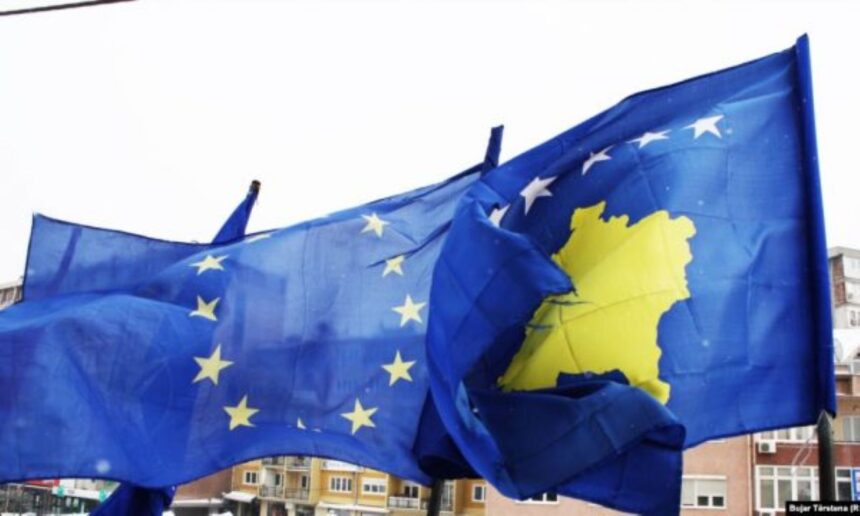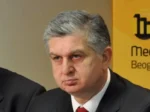Brussels takes cautious steps, linking progress to de-escalation in northern Kosovo
The European Union has officially begun the gradual removal of measures imposed on Kosovo in June 2023, though the process remains conditional and reversible, depending on further developments on the ground.
Initial measures lifted are largely symbolic
EU spokesperson Anitta Hipper confirmed that the issue was raised by the new EU foreign policy chief, Kaja Kallas, during her recent visit to Pristina.
“The EU has started gradually lifting the measures… This is conditional on continued steps towards de-escalation in the north,” Hipper stated.
Unofficial sources reveal that the initial phase includes:
- Reinstating Kosovo’s participation in subcommittee meetings under the Stabilisation and Association Agreement (SAA).
- Restoring technical assistance through the Western Balkans Financial Framework.
However, these steps are considered more symbolic than substantive, as EU-funded development projects remain blocked and Kosovo has not yet regained the full financial benefits it enjoyed prior to 2023.
A reversible, step-by-step process
EU officials stress that the process is gradual and fully reversible. Each phase will depend on measurable progress, especially in terms of reducing tensions in northern Kosovo.
“If Kosovo continues with concrete steps toward de-escalation, additional measures may be lifted step by step,” said EU representatives.
Background: Why the EU imposed measures
The EU sanctions followed rising tensions in northern Kosovo, particularly after violence against KFOR troops and the election of ethnic Albanian mayors in Serb-majority municipalities, amid a boycott by the local Serb population.







